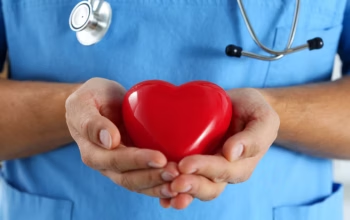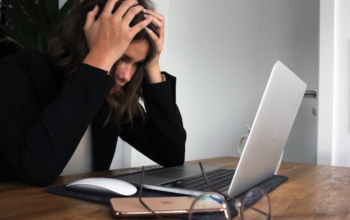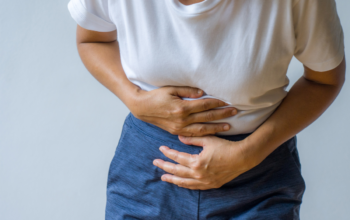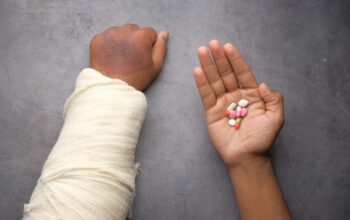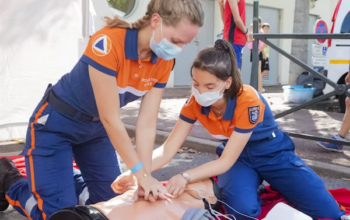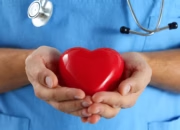Uzone.id — The World Health Organization declared Mpox (previously Monkeypox) to be a global health emergency after the increased number of Mpox cases in Central and East Africa.
This is not the first time WHO declared Mpox as a global health emergency. In 2022, this disease experienced a global outbreak which increased in parts of Africa.
Based on Yale Medicine, Mpox became a global concern in 2022 when a type of the virus spread to other countries. That outbreak led to more than 90,000 cases worldwide, including more than 32,000 in the United States.
This infection has been in the spotlight around the world, but it seems like everyone needs to know more about what it is or why it matters.
What Exactly Is Monkeypox?
The word “monkeypox” might sound a little wild, but the virus isn’t entirely new. This virus has been around for decades, primarily in parts of Africa. However, the outbreaks in other regions, including the U.S. and Europe, have put it in the global spotlight.
Monkeypox is a virus that is similar to smallpox, though it’s much less severe. Yale Medicine stated that Mpox was discovered in 1958 when two outbreaks of a pox-like disease occurred in colonies of monkeys kept for research in Denmark, according to the Centers for Disease Control and Prevention (CDC).

“Monkeypox is generally a self-limited disease, meaning it usually resolves on its own within a few weeks, but severe cases can occur in certain individuals,” said Dr. Rosamund Lewis, the WHO’s Technical Lead on Monkeypox.
The World Health Organization (WHO) also stated that Mpox belongs to the orthopoxvirus family and can cause fever, rash, and sometimes swollen lymph nodes.
How Does It Spread?
One of the most important things to know is how monkeypox spreads. Mpox can spread by human-to-human contact, this condition happens when healthy skin comes in contact with infected skin lesions.
Other transmission—which is the main reason—is when the virus spreads by animals to humans through close contact, such as handling animals or being bitten.
Transmission between humans can happen especially through skin-to-skin contact, respiratory droplets (from coughing or sneezing), or contact with contaminated objects like clothing or bedding.
“Mpox also spreads by animal-to-human contact, which could include being bitten by or cooking an infected animal. Historically a majority of clade I mpox was due to animal-to-human transmission,” said Seth Blumberg, MD, Ph.D., assistant professor at UC San Francisco.
Human-to-human transmission is mostly occurring through close contact. This includes physical contact with someone who has monkeypox or touching things they’ve used, like towels or bedsheets.
What Are the Symptoms?
Monkeypox symptoms can feel a lot like the flu at first. Common signs include fever, headache, muscle aches, chills, and swollen lymph nodes.
“Normally, someone infected with Mpox first presents with a nonspecific flu-like illness, including fever, headache, and malaise. Swollen lymph nodes can be a telltale sign, after which a rash appears. The rash usually starts like a spot,” said Dr. Marwan Azar, MD, a Yale Medicine.
The most noticeable symptom is the rash, which can appear on the face, hands, feet, and even inside the mouth. The first lesions, according to the CDC, develop on the tongue and in the mouth before spreading to the skin and becoming raised.
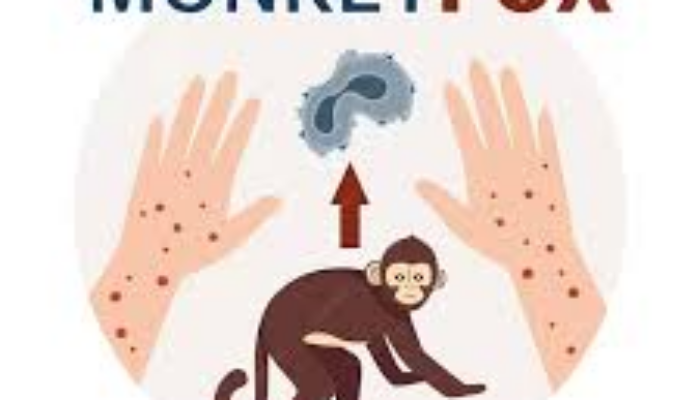
The rash turns into raised bumps that eventually become fluid-filled blisters, similar to chickenpox. These blisters will eventually dry out and form scabs before falling off.
The whole process from fever to recovery usually takes about 2 to 4 weeks. According to Dr. Michael Ryan from the WHO, “In most cases, monkeypox resolves without requiring serious medical attention, but some individuals, particularly those with weakened immune systems, may experience more severe symptoms.”
Is Monkeypox Dangerous?
For the most part, monkeypox isn’t deadly. However, like any illness, certain groups of people might be at higher risk. This includes people with weakened immune systems, children, and those who are pregnant. While the virus itself is usually mild, complications can arise, such as secondary infections or even pneumonia.
According to data from the CDC, the death rate for monkeypox has been between 1% and 10% in African countries where the virus is more common, but in recent global outbreaks, the cases have been much less severe. Still, experts advise caution, especially for those who have direct contact with an infected person.
How Is Monkeypox Treated?
There isn’t a specific treatment for monkeypox, but supportive care—like keeping hydrated and resting—can help the body heal.
“Those who are sick with Mpox should be isolated at home. For those with an active rash or other symptoms, stay in a room or area separate from family and pets when possible,” Dr. Azar added.
In some cases, antiviral medications might be prescribed, especially for high-risk patients. These might be advised for people more likely to get very ill, including those with weak immune systems.
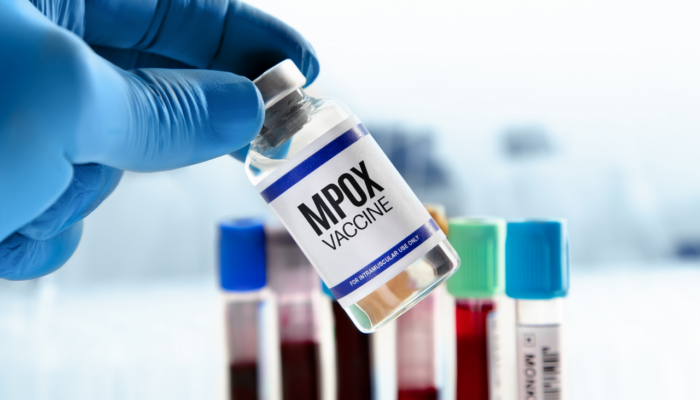
Vaccination also plays a role in preventing monkeypox. The smallpox vaccine, which is no longer widely used, can be up to 85% effective against monkeypox after two doses because the viruses are so similar.
According to Dr. Richard Hatchett, CEO of the Coalition for Epidemic Preparedness Innovations (CEPI), “Vaccines are a key tool in containing monkeypox outbreaks, and widespread vaccination campaigns may help prevent further spread.”
There’s another vaccine, it’s called ACAM2000, this is a modern iteration of an old smallpox vaccine. However this is not the top choice for the Mpox vaccine because it can cause serious illness in people with weak immune systems.
So, what should you do?
While the risk of monkeypox to the general population is low, there are simple steps you can take to reduce your chances of catching the virus.
Just like other viruses, avoid close contact with anyone showing symptoms, especially if they have a rash. Also, do not handle or touch the bedding, clothing, or towels of a person who has Mpox.
Don’t forget to wash your hands frequently with soap and water or use hand sanitizer. Avoid sharing personal items with others to stop the transmission and stay informed by following trusted sources like the WHO or CDC for updates on the virus and outbreaks.
Dr. Susan Hopkins from the UK Health Security Agency suggests, “If you notice any unusual rashes or symptoms, seek medical advice, especially if you’ve been in contact with someone who has monkeypox.”
“For individuals who are at increased risk (MSM with certain high-risk sexual exposures), they are encouraged to receive two doses of the Jynneos vaccine to reduce the chances of contracting the infection and of severe illness, hospitalization, and death,” said Dr. Azar.
Monkeypox isn’t as widespread or deadly as some other viruses, but it’s still important to know how it spreads and what symptoms to look for. With the availability of vaccines and treatments, there’s no need to panic. But staying informed and taking precautions can help prevent the spread and keep yourself and others safe.
Understanding monkeypox helps demystify the virus and empowers us to respond effectively to outbreaks, no matter where they happen. So, next time you see monkeypox in the news, you’ll know what it’s all about. Stay informed, stay safe!



